Technology democratized media. Media is now more fragmented than ever, with a combination of “expert” and “non-expert” storytellers seeking audiences and “clicks”. These are truth-challenged times. What happens when the public at large is clicking more often on fake news versus real news? What impact does what you click have on society and the public good? What technological tools should we create to help us click “truth”?
A new study, “The Spread of True and False News Online”, by three MIT scholars, Sinan Aral, Deb Roy and Soroush Vosoughi, found that false news spreads more rapidly and extensively on the social network Twitter compared to real news. The three authors used 6 independent fact-checking organizations (e.g. snopes, politifact, hoax-slayer) to ascertain the veracity of 126,000 stories tweeted by 3 million people more than 4.5 million times. News was classified as true or false when there was 95 to 98% agreement between the different organizations. Tech and “social media specifically” is an “amplifier of human behavior, the good and the bad,” says Soroush Vosoughi. While bots are accelerating the spread of false news, the study found they were not solely responsible. People were more likely to share false news because it was more novel than true news. In Vosoughi’s opinion, there are three types of people who spread misinformation. The first group of people are those who “do it maliciously.” The second group are those who want to “share something juicy or novel,” and the third group are those who don’t know “what is true or false.” A truth filter might “dampen the spread of misinformation” for the latter group, says Soroush. As for whose job it is to improve or regulate the internet situation, he’s against any government action that would “limit speech,” but he believes that media platforms can “create tools that would allow users to better understand the quality of the information they are consuming.”
The Millennial Bloggers are based all over the world. They are innovators in entrepreneurship, journalism, education, entertainment, and academic scholarship. This month we asked them to share their perspectives on the lack of trust in “expert” opinion, what’s driving it and what we can do about it.
Make “experts human,” writes Zita Petrahai. “Part of the problem of the era of mistrust is that experts are regarded as the out of touch elite, who have no conceivable idea about what everyday folk need.” Read: Bridging the Era of Mistrust to an End.
“Rising distrust of expert opinion may only be the genesis of a new epoch that calls into question our very understanding of ‘expert’ and one that requires us to redefine our trust structures as a society,” writes Alusine Barrie. “We must understand that in an increasingly globalized society, distrust in institutions in one country can have serious ramifications for lives far removed from the immediate environment of distrust.” Read: Rising Distrust in ‘Expert’ Opinion May Be Inevitable. What’s Driving It and What Can We Do About It?
“So now we trust ourselves. We have all the data in our pockets, and whatever makes sense to us is just as good as truth because we can trust it and because it fits into how we already see the world,” writes Jacob Navarette. “Who needs truth when you can trust yourself? And if you can trust yourself, then those who believe differently must be mistrusted.” Read: Conviction Matters More Than Facts.
“It starts at the top,” writes Leslie Ma. “Regulations and instilling new legislatures that put limits on how media outlets can distribute their information is how we can create a change in how people view the news.” Read: Fake News, Lost Trust.
“I think it needs to be clearer what is misinformation and what is not,” writes Alison Rao. “This would mean exposing the wrong news source, or having actual scientists, experts, people in academia, etc. explain to the public the real facts, possibly in a more fun or effective way so that a general audience can easily understand the information in a short amount of time. Our attention spans have shortened so much.” Read: Who Can We Trust?
First Row: Bonnie Chiu, Alusine Barrie, Sajia Darwish, James Kernochan, Kamna Kathuria
Second Row: Jacob Navarrete, Reetta Heiskanen, C. M. Rubin, Leslie Ma, Salathia Carr
Third Row: Alison Rao, Harmony Siganporia, Derek Lo, Zita Petrahai
Join me and globally renowned thought leaders including Sir Michael Barber (UK), Dr. Michael Block (U.S.), Dr. Leon Botstein (U.S.), Professor Clay Christensen (U.S.), Dr. Linda Darling-Hammond (U.S.), Dr. MadhavChavan (India), Charles Fadel (U.S.), Professor Michael Fullan (Canada), Professor Howard Gardner (U.S.), Professor Andy Hargreaves (U.S.), Professor Yvonne Hellman (The Netherlands), Professor Kristin Helstad (Norway), Jean Hendrickson (U.S.), Professor Rose Hipkins (New Zealand), Professor Cornelia Hoogland (Canada), Honourable Jeff Johnson (Canada), Mme. Chantal Kaufmann (Belgium), Dr. EijaKauppinen (Finland), State Secretary TapioKosunen (Finland), Professor Dominique Lafontaine (Belgium), Professor Hugh Lauder (UK), Lord Ken Macdonald (UK), Professor Geoff Masters (Australia), Professor Barry McGaw (Australia), Shiv Nadar (India), Professor R. Natarajan (India), Dr. Pak Tee Ng (Singapore), Dr. Denise Pope (US), Sridhar Rajagopalan (India), Dr. Diane Ravitch (U.S.), Richard Wilson Riley (U.S.), Sir Ken Robinson (UK), Professor Pasi Sahlberg (Finland), Professor Manabu Sato (Japan), Andreas Schleicher (PISA, OECD), Dr. Anthony Seldon (UK), Dr. David Shaffer (U.S.), Dr. Kirsten Sivesind (Norway), Chancellor Stephen Spahn (U.S.), Yves Theze (LyceeFrancais U.S.), Professor Charles Ungerleider (Canada), Professor Tony Wagner (U.S.), Sir David Watson (UK), Professor Dylan Wiliam (UK), Dr. Mark Wormald (UK), Professor Theo Wubbels (The Netherlands), Professor Michael Young (UK), and Professor Minxuan Zhang (China) as they explore the big picture education questions that all nations face today.
The Global Search for Education Community Page
C. M. Rubin is the author of two widely read online series for which she received a 2011 Upton Sinclair award, “The Global Search for Education” and “How Will We Read?” She is also the author of three bestselling books, includingThe Real Alice in Wonderland, is the publisher of CMRubinWorldand is a Disruptor Foundation Fellow.
Follow C. M. Rubin on Twitter: www.twitter.com/@cmrubinworld

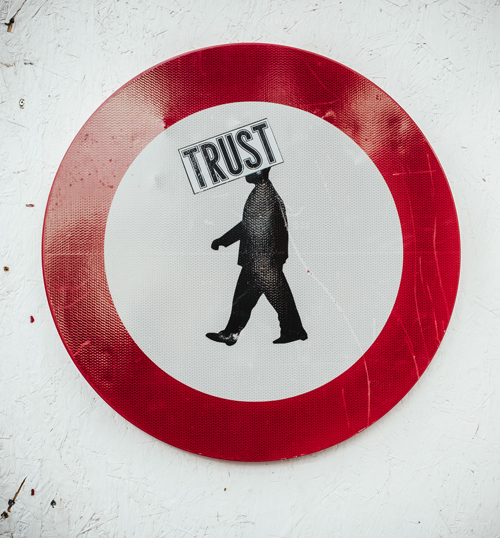
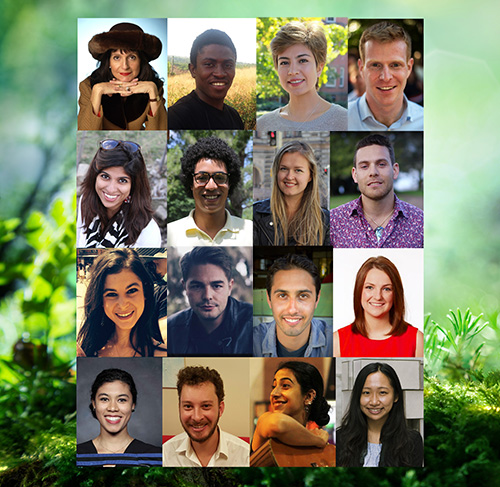
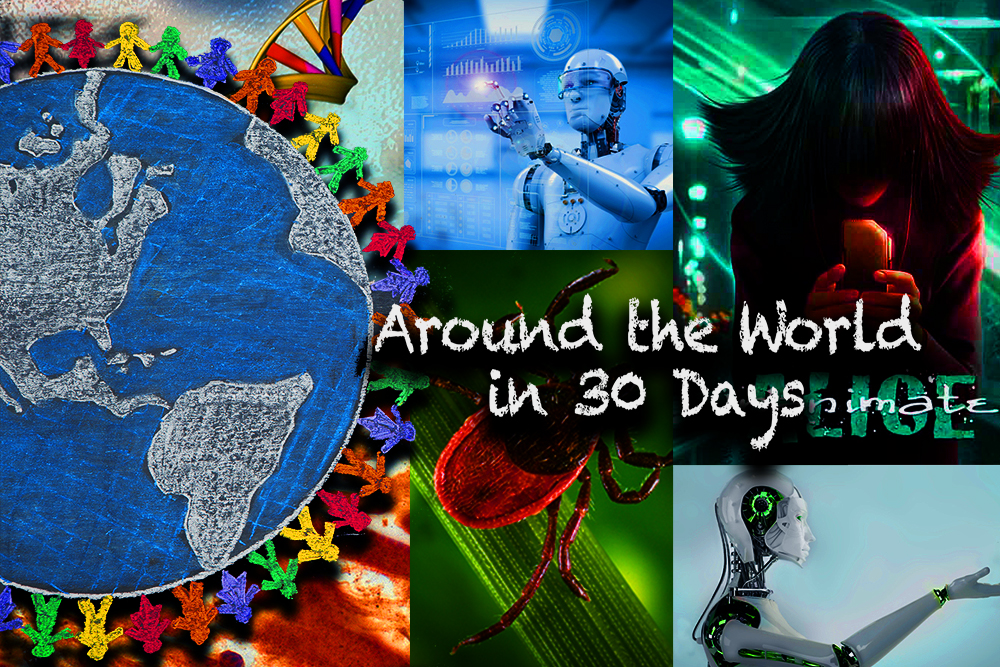
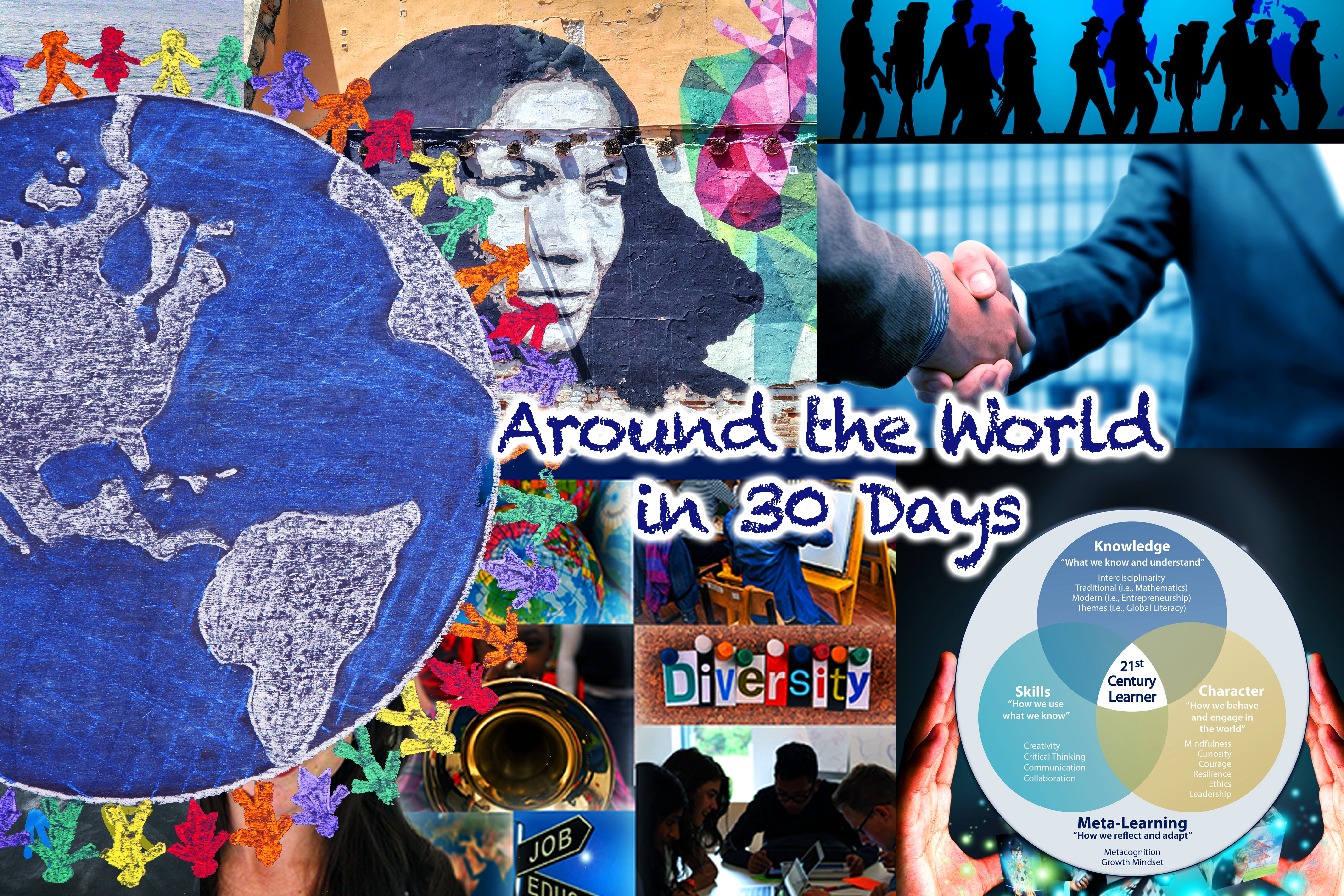
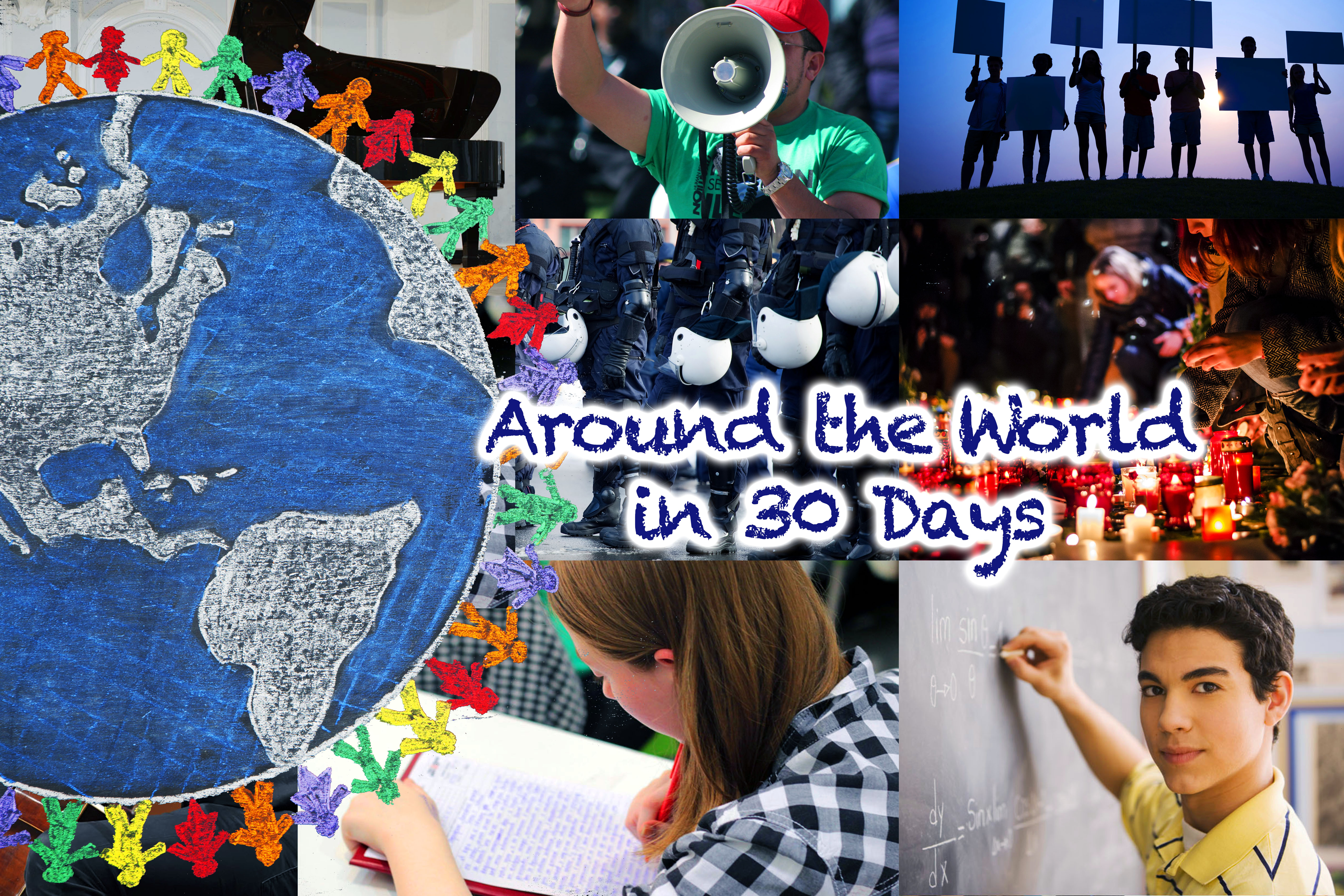
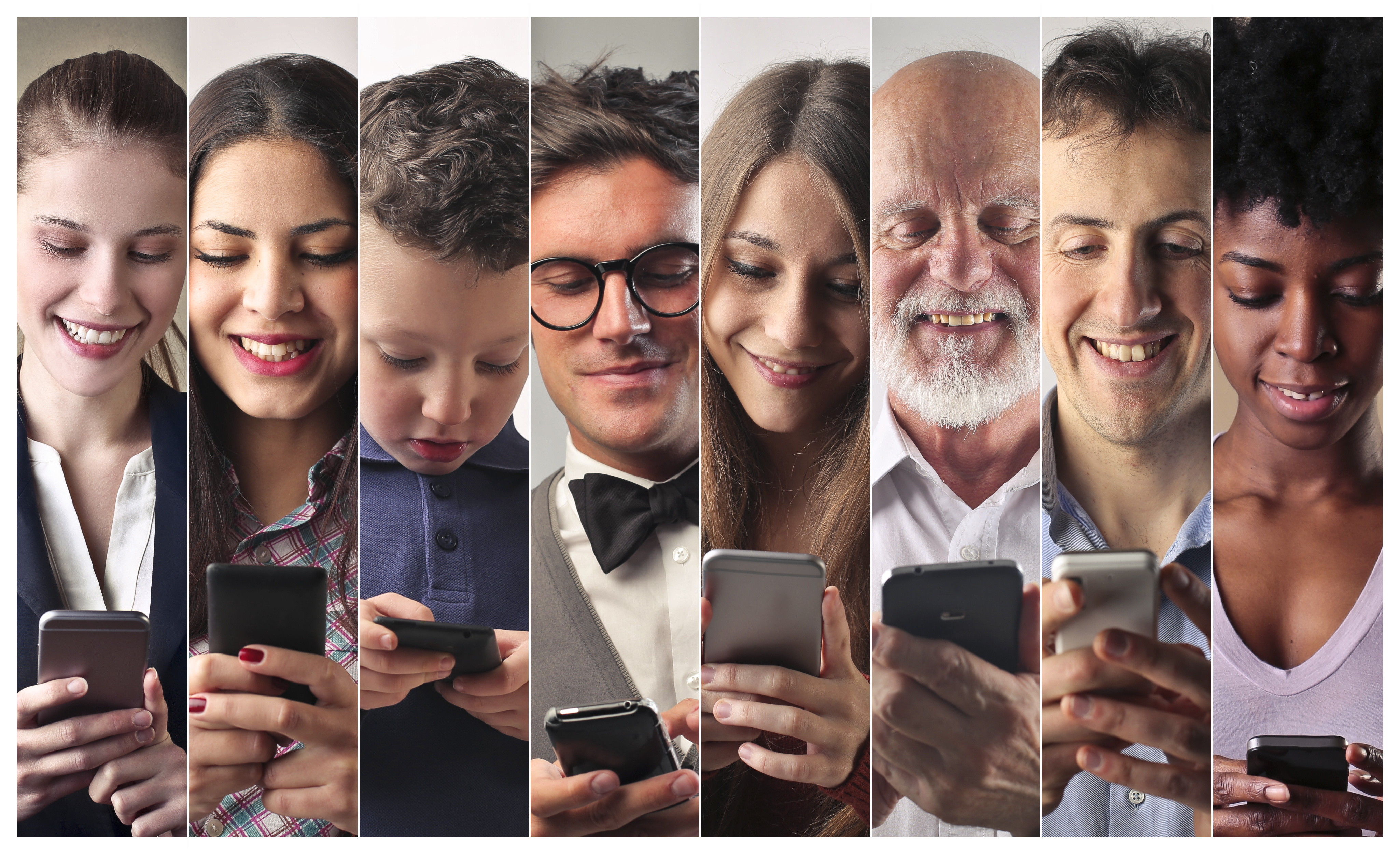
Recent Comments